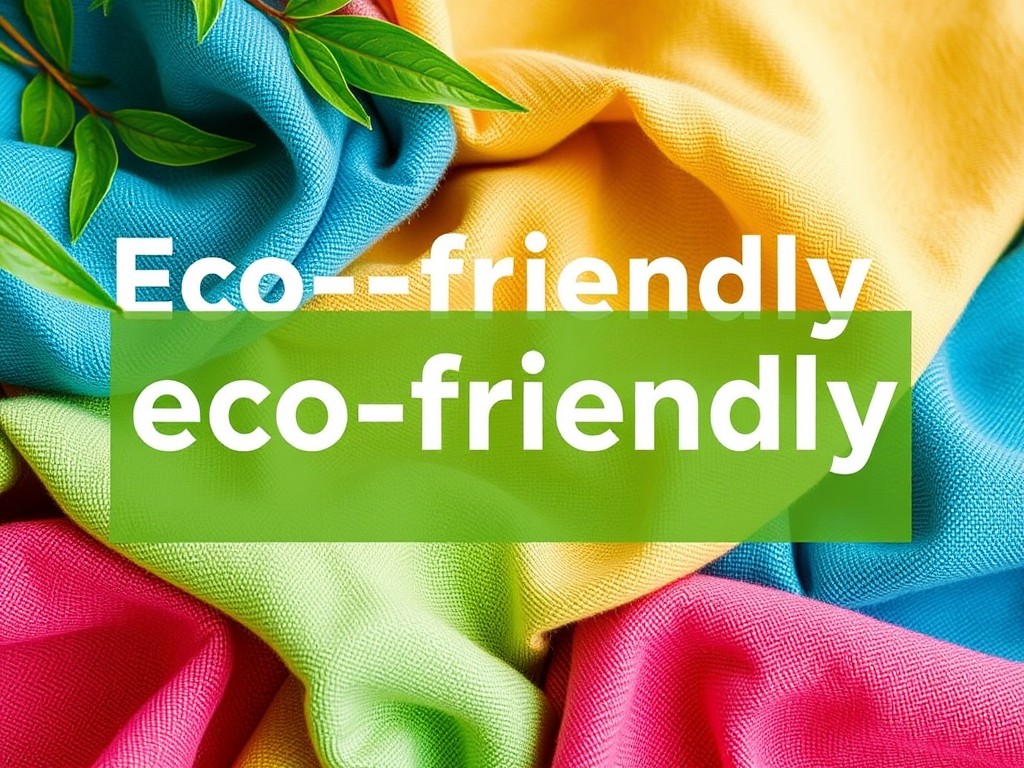
Recycle Fabric - ECO Fabric
Eco-Friendly Materials in Manufacturing

It is the most popular material resource nowadays, not just in Asia but also in European countries. Every day, we are producing lots of waste. Bottle is one of them, and Kitman cooperates with suppliers that produce environmentally friendly materials, for example, using bottles to exchange the materials we need for our manufacture.
Kitman is willing to use those recycled fabrics on our production bags to help the environment in our world fresher and greener. To help our next generation live happily in a greener atmosphere.
Eco-Friendly Materials for Manufacturing
1. Bamboo
Bamboo is a fast-growing, renewable resource that requires minimal water and no pesticides. It's known for its strength and versatility, making it ideal for various products, from textiles to furniture.
2. Recycled Plastics
Utilizing recycled plastics helps reduce waste in landfills and conserves natural resources. These materials can be transformed into new products, such as packaging, textiles, and construction materials.
3. Hemp
Hemp is a sustainable crop that grows quickly and requires little water. Its fibers are strong and durable, making it suitable for textiles, ropes, and biodegradable plastics.
4. Organic Cotton
Grown without synthetic fertilizers or pesticides, organic cotton has a lower environmental impact compared to conventional cotton. It's soft, breathable, and widely used in apparel and home textiles.
5. Tencel (Lyocell)
Made from sustainably sourced wood pulp, Tencel is produced in a closed-loop process that recycles water and solvents. It's biodegradable and has a soft, luxurious feel, making it popular for clothing and bedding.
6. Cork
Harvested from the bark of cork oak trees, this material is renewable and biodegradable. Cork is used in flooring, insulation, and various products due to its durability and water resistance.
7. Reclaimed Wood
Using reclaimed wood from old buildings or furniture reduces the need for new lumber. It adds character and history to new products while minimizing deforestation.
8. Natural Rubber
Sourced from rubber trees, natural rubber is biodegradable and can be used in a wide range of applications, including footwear, tires, and various industrial products.
These materials not only help reduce environmental impact but also promote sustainability in manufacturing processes.
